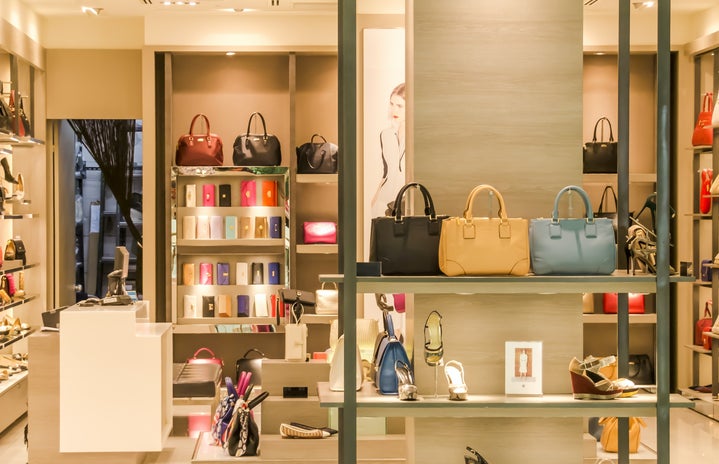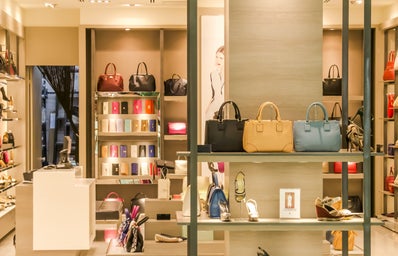We are a generation with a need for immediacy. Fast fashion fulfills this need and allows us to have the latest trends at the lowest prices. But is the fast fashion industry all it is made out to be?
The Good:
From runway to retail stores, the fast fashion industry has a quick turnaround time. In less than two weeks, retailers have runway fashions on store shelves, and consumers can have that one top that a celebrity wore. The prices are much more affordable as well. Instead of paying $700 for the top, buyers pay $35 and chic looks become much more convenient to obtain. This puts the latest trends well within reach for a larger group of people. Furthermore, many companies do not carry a large quantity of any given product, allowing the consumer to feel unique in their purchase.
The Bad:
While the fast fashion industry answers a need for immediacy within our generation, the quality of the products often reflects the lower prices and contributes to the rise of throwaway culture. After a short time, consumers tire of their recent purchases; they may go out of style, or rip and tear due to the lower quality, and pieces are thrown away or donated to different organizations. This leaves the consumer returning to the fast-fashion retailer. This continuous cycle only repeats as time goes on, and contributes to factory pollution – as well as costing the consumer money.
The Ugly:
The ugly side of the fast fashion industry is one that few are aware of but has an impact on the environment and the quality of the labor market. The low prices and quick turn-around times are a result of a harsh labor market. Many companies’ immediate response to the latest fashion trends is a result of a laborer who has sewn, pressed, and stitched each garment by hand. These laborers are hired from overseas, are not paid enough to live from week to week. In some cases, they are even asked to work weekends with little to no pay.
What can we do?
Some tips to remain ethically and environmentally conscious? Arrange a clothing swap with friends or people from your building when you tire of old clothes. You don’t have to boycott the fashion industry to stay mindful of the ethical issues involved, either. Research which brands have policies regarding their labor conditions and which ones don’t. You’ll be surprised at how many retailers have implemented policies regarding fair and ethical treatment.


